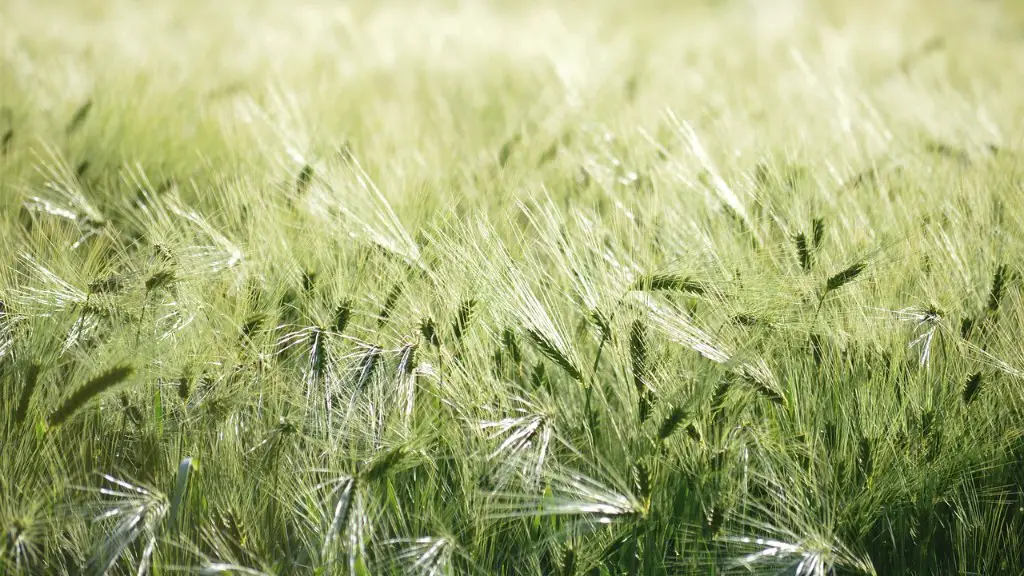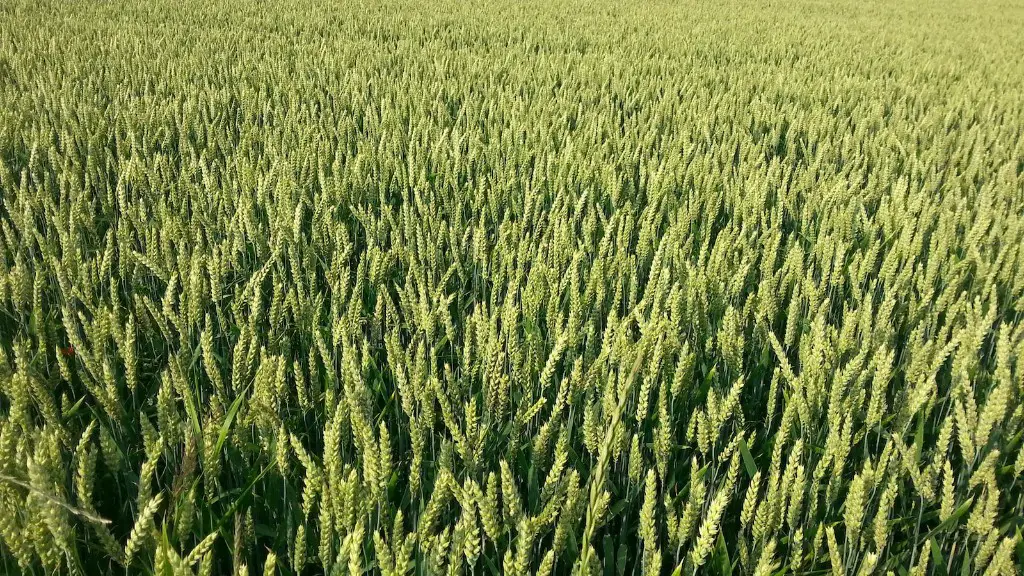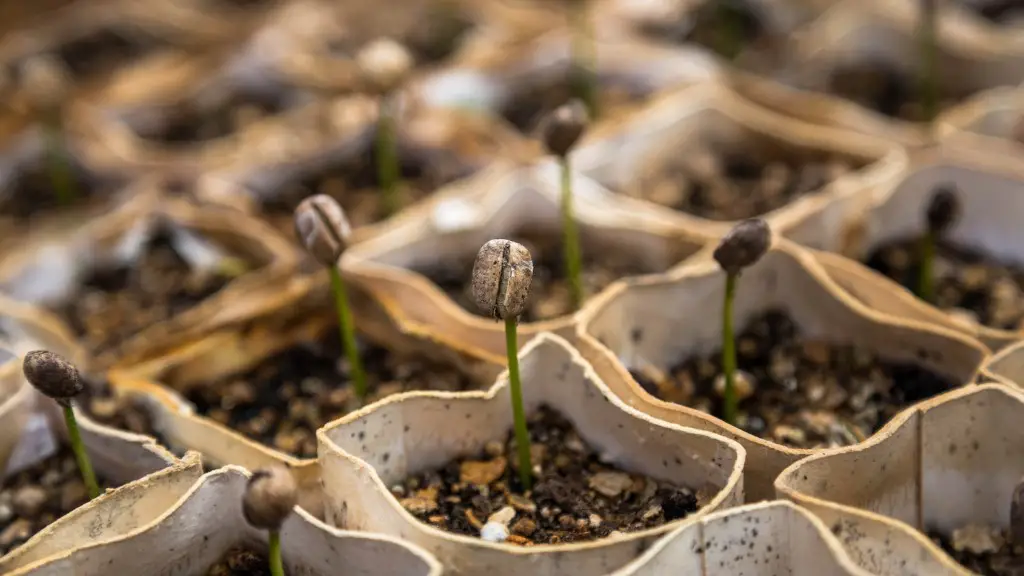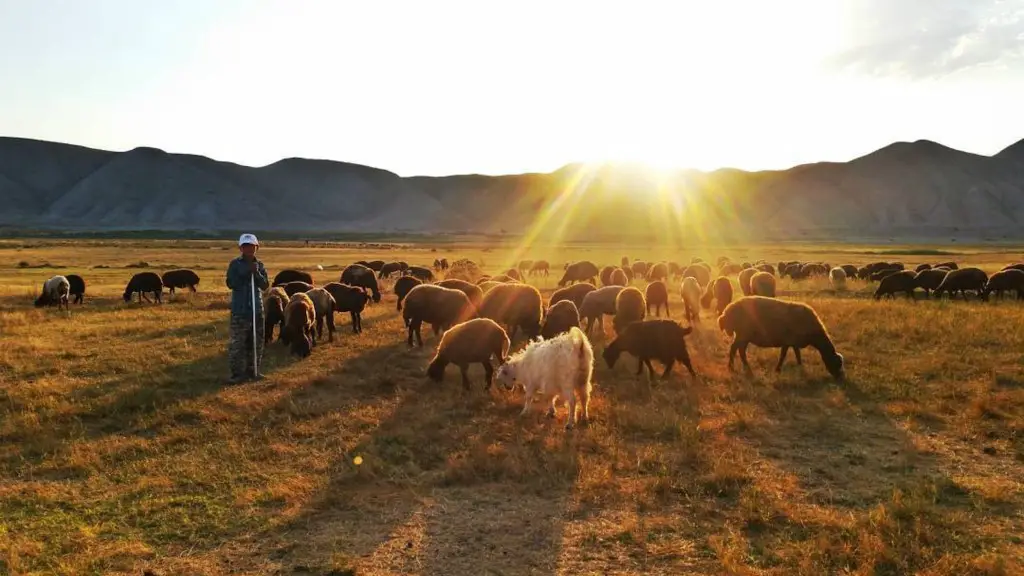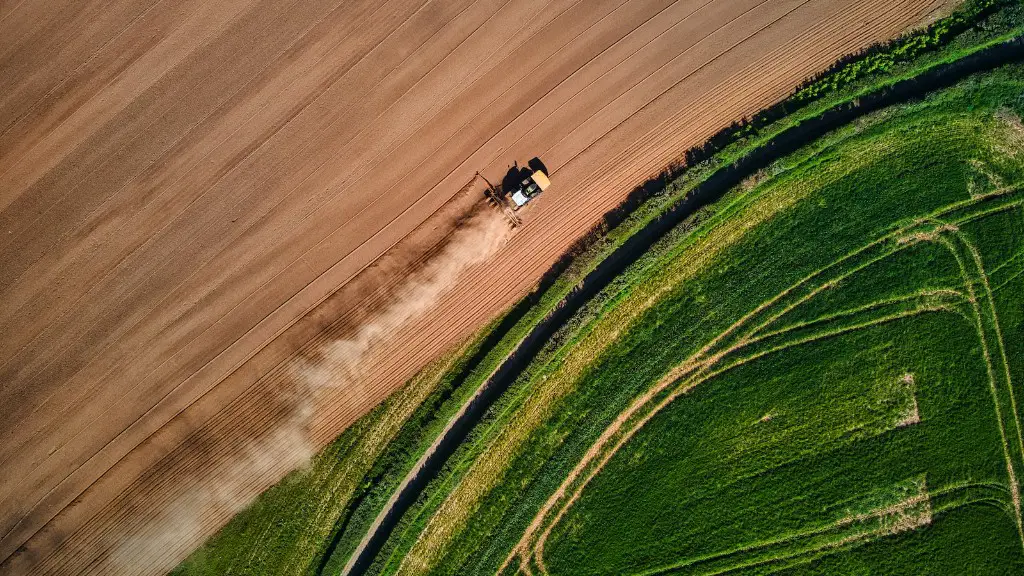It is essential for any college or university student looking to complete in the Student Industrial Work Experience Scheme (SIWES) to keep specific records of their experience. Records are most commonly captured in a SIWES logbook and each institute can offer a recommended format for students to follow. Knowing how to properly fill a SIWES logbook for agriculture can help to ensure it is accepted and can help to maximize the great benefits of the SIWES program.
Essential elements to include in a SIWES logbook for agriculture include the following: a table of contents, letters of assignment and induction, a daily record of activities during placement, technical tasks completed, experience report and includes travel log. The table of contents should give an overview of the logbook, while each of the other elements will help to capture the details of the program.
In order to properly fill a SIWES logbook for agriculture, the student should begin by carefully reading the guidelines given by the university and the institute. After familiarizing themselves with the guidelines, students should fill out the letters of assignment and induction. It is important for the student to keep copies of these documents as they may be needed for later reference.
Next, students should complete the daily record of activities during placement. This should include information about the tasks which were done each day, what was observed and any lessons which were learned. This part of the logbook should not be excessively lengthy, though key points should be highlighted.
The technical tasks completed section should include details on any technical tasks which were done as part of the placement. This should include details such as what was done, the results and anything which needs to be improved.
The experience report section is much longer and requires careful attention. This should provide an overall summary of the placement, including details on the tasks which were performed, new skills learned and any issues which may have arisen during the placement. This acts as the main source of information for the student to go over after the placement is over.
Finally, the travel log should provide details on any travel undertaken as part of the placement. This should include the purpose of the trip, the destination, how long it took, the costs (if applicable) and any key findings from the trip.
Equipping for the SIWES Program
In order to complete a successful SIWES program, students should equip themselves with the necessary tools. These include any protective clothing and equipment which may be necessary for the placement, such as goggles or a hardhat. It is also important to note any safety procedures which the student may need to follow, such as fire safety or the use of tools. Any notes which the student makes related to this should be kept in the logbook.
In addition, it is important that the student has a good working environment and well-stocked toolbox. The toolbox should include all of the equipment which may be necessary for the duration of the placement. It is important that the student is familiar with each tool and knows when and how to use it.
The student should also ensure that they have access to the machinery, computer systems and networks which they may need to complete the tasks they are assigned. Any details of the machinery or networks which are used should be noted in the logbook.
Finally, the student should also carry a list of contacts in case of any emergency. This could include colleagues, managers, teachers, mentors and local emergency contacts. It is important that a record of contact information is kept in the logbook.
Rapidly Assimilating the Technical Skills
It is important for the student to rapidly assimilate the technical skills in their SIWES placement. This is because the technical skills are intrinsic to the success of the program. Technical proficiency should be closely monitored and any improvements, challenges and impediments should be noted in the logbook.
The student should have discussions with their supervisor, who should provide guidance and teaching as necessary. It is important that the student actively listens and follows instructions carefully. Attendance in other seminars and classes is encouraged, as the student could gain valuable insights which could prove beneficial.
Practice is essential to assimilating technical skills. The student should use the relevant equipment and machinery to practice and gain more familiarity. The logbook should track their progress and note any areas for improvement, in order for the student to work on those areas later.
Any technical skills required for purpose of SIWES should be thoroughly understood. It is important that students read up on the relevant subjects and carry out independent research (if necessary). Regular self-assessment can help to determine whether the student is ready to face the tests and ensure they are able to prove they have understood the technical skills they have learned.
Enhancing the Industry and Professional Skills
In addition to learning technical skills, the SIWES program also places importance in the development of industry and professional skills. Common professional skills often needed in the workplace include communication, teamwork, problem-solving and decision-making.
Enhancing these skills should be done in a safe and secure environment. Working with other colleagues on team projects can help to enhance communication, problem-solving and decision-making skills. Working on presentations or speeches can help to improve communication skills.
Prioritizing tasks is an important skill which should be learned, as this can help to make the student more organized. Learning methods of managing time can also be beneficial. Working with a mentor or supervisor can enable the student to understand how to work in the industry and can help to enhance professional skills.
It is important to note any feedback and learn from any mistakes which may be made. It can be beneficial to note down any mistakes and successes in the logbook. Keeping track of any challenges and successes can aid in learning and understanding.
Gaining Employability Skills
In addition to enhancing industry and professional skills, SIWES also helps to develop employability skills. Employability skills include qualities such as displaying confidence, showing initiative and working to a high standard.
These skills can be presented in the work experience section of the resume, which is useful for the student in improving their chances of gaining future employment. Having strong employability skills could help the student stand out from other applicants and could increase their chances of gaining a job.
In order to gain employability skills, students should take every opportunity to show their enthusiasm and commitment. They should also think about how their current placement could help them in the future.
A great way to gain employability skills is to apply for further roles while they are on their placement. Applying for extra roles can help to demonstrate the student’s confidence and commitment. It can also help to give the student an edge over other applicants.
Shadowing or observing colleagues is also a great way to gain an insight into the industry and how it works. This can provide additional knowledge which can be useful in the future. Any observations should be noted in the logbook for further reference.
Gathering Evidence for Assessment of SIWES Experience
At the end of the placement, the student should have gathered enough evidence to support the assessment of their SIWES experience. Evidence should include copies of letters, plans of work and records of tasks which have been completed. All of this evidence should be stored in the logbook.
It is important that the student interprets and evaluates their experience and the tasks which they have performed. It is also important to note the challenges which they have faced and the ways in which they have overcome them.
Overall, it is important that the student is aware of the important points which must be filled in the SIWES logbook for agriculture. The student should record every activity in detail to provide as much evidence of their experience as possible. This will help to maximize the great benefits of the SIWES program.
